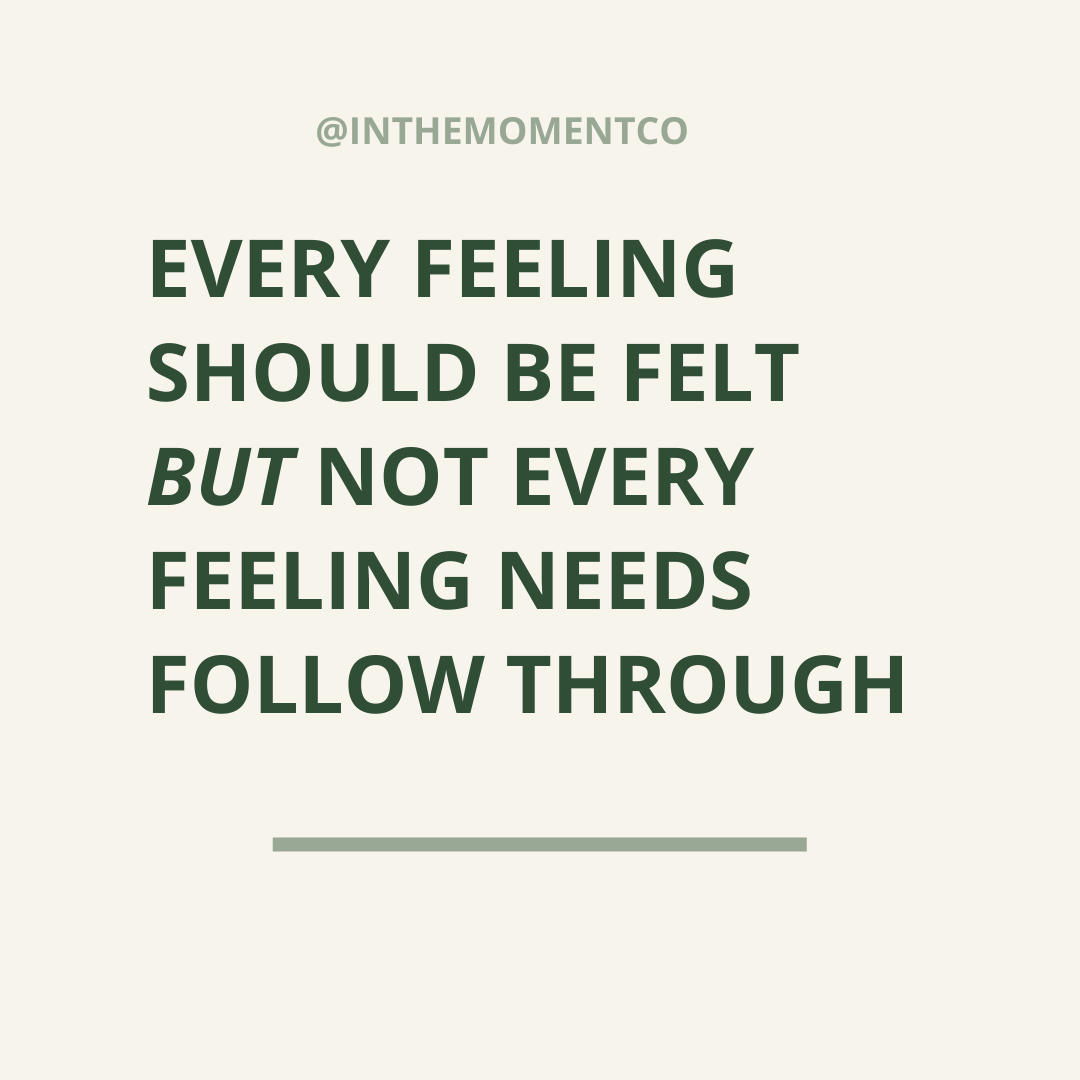A Self Awareness Practice
One of the biggest hurdles I had to overcome when aiming to improve self awareness and expression was this sense of overwhelm. A scene of the flood gates opening as I realized that if I decided to really pay attention to what I was feeling, I wouldn't have time to do anything else!
Being a sensitive person, I feel a lot, all of the the time.
While this does contribute to strengths in certain EI skills like empathy and interpersonal relationships, it also hinders in problem solving (okay, lets play out all 100 outcomes in my head to be sure), impulse control (paralysis by over analysis) and independence (ah, ill stop this overthinking cycle by letting someone else make the decision!).
This is where a mindfulness practice of letting go or nonattachement shows up in a big way. In fact, some research has shown that these practices can improve self actualization and wisdom in adult psychological development (see study here: https://bit.ly/38AjDZd).
Mindfulness gives us the S P A C E in between feeling an emotion and acting on it. That space is the difference between reaction and response, out of control and under control, ignoring and addressing.
Try this next time you feel overwhelmed by all the feelings:
Zoom Out - Focus on your wider environment and notice your vision reaching out into the peripheral view. Sometimes it is valuable to imagine what a birds eye view would be above you right now. Doing this gives perspective on your current experience while also calming the autonomic nervous system allowing you to think more rationally and logically.
Give yourself the gift of Non Judgement - Meet the emotion you are feeling with compassion and non judgement. Try addressing the feeling like this: ‘I notice I am feeling sad about XYZ and that’s okay. Now what are the facts about why I am feeling sad?’
Find the Facts - Once you have given yourself the permission to feel and gained perspective on the moment, now you have the space to decide if this feeling needs follow through such as a conversation, a request or an action. The facts about this feeling will lead you to the right choice and the trick is to trust that choice! Looking for the facts means you aren’t letting yourself get caught up in the drama of the story nor are you ignoring the feeling entirely.
An example of finding the facts would be I am feeling frustrated about not being invited to after work drinks. The story I tell myself in the midst of that frustration is that this happened because I am not valued and definitely it’s all Debra’s fault because she never liked me and wants to cut me out…when the facts are I simply was missed on the email.

